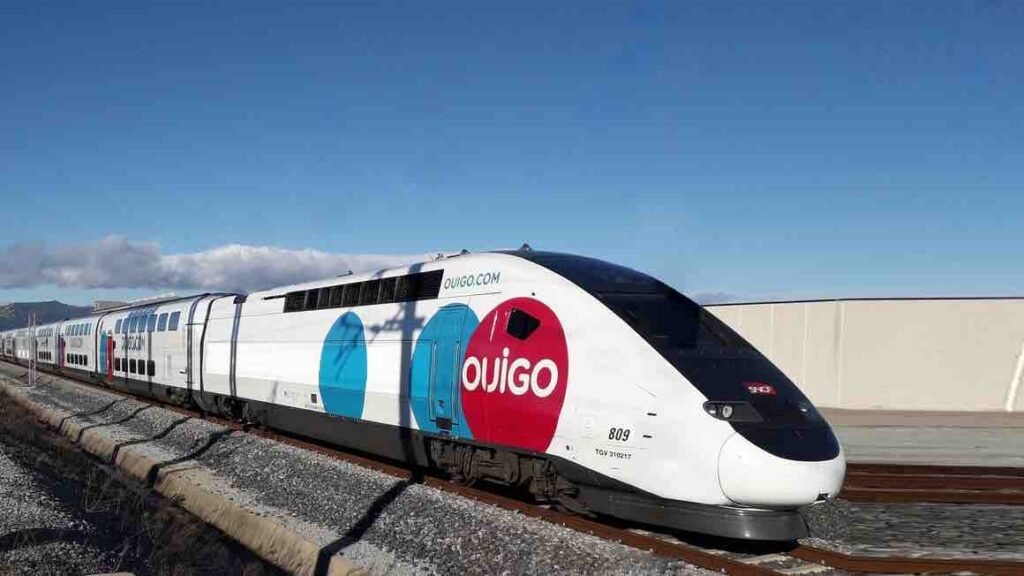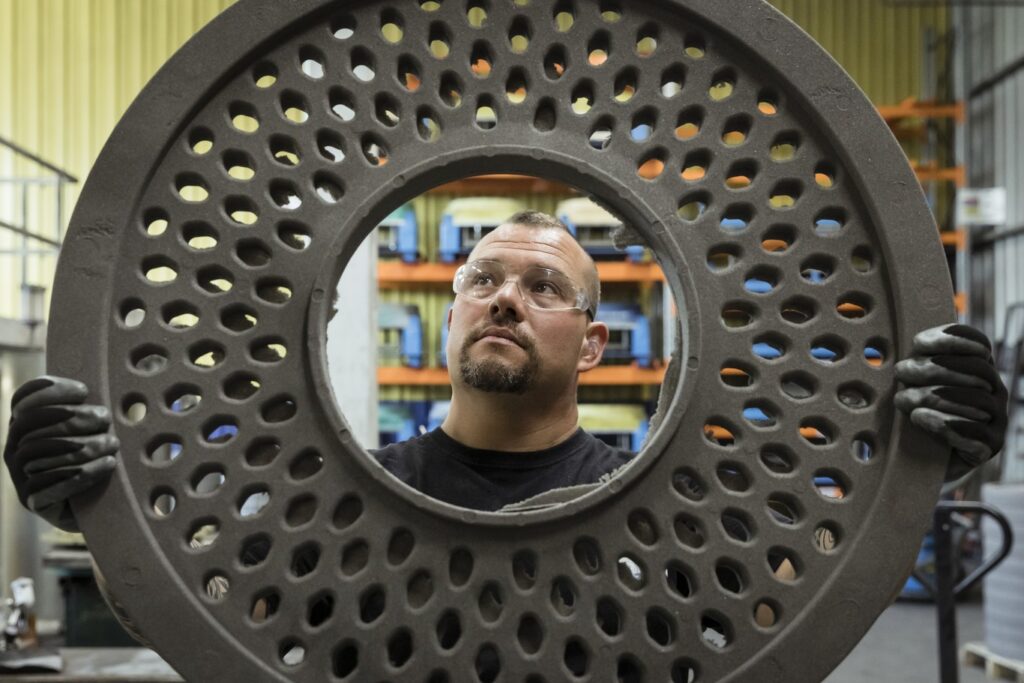Adapted Alstom Euroduplex Trains for Spanish Network Brought into Service
Four Avelia Euroduplex trains from the SNCF fleet will enter commercial service on Monday 10 May 2021 on the Madrid-Barcelona route. They will be operated by OUIGO España, a local subsidiary of SNCF. The trains…

